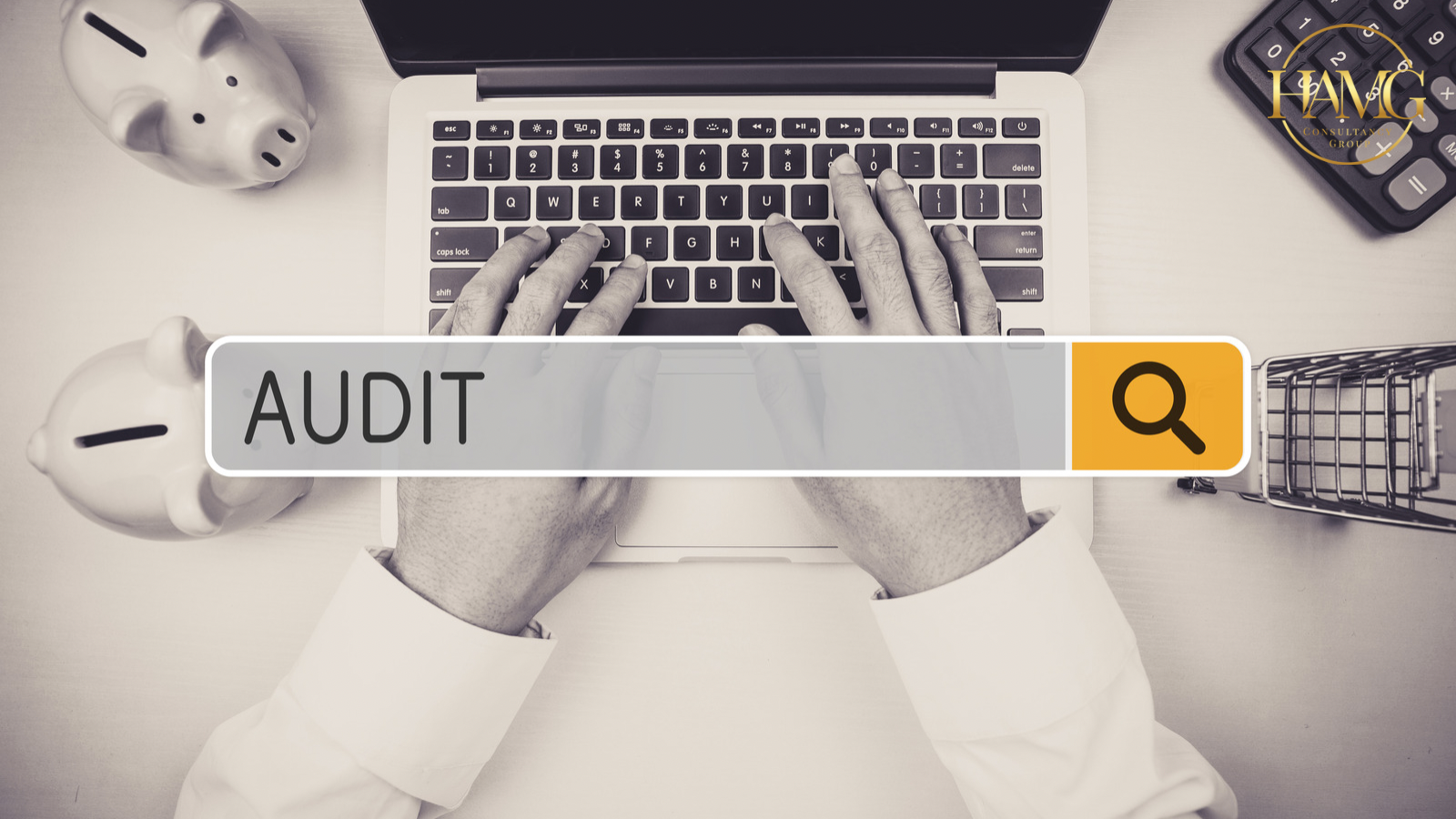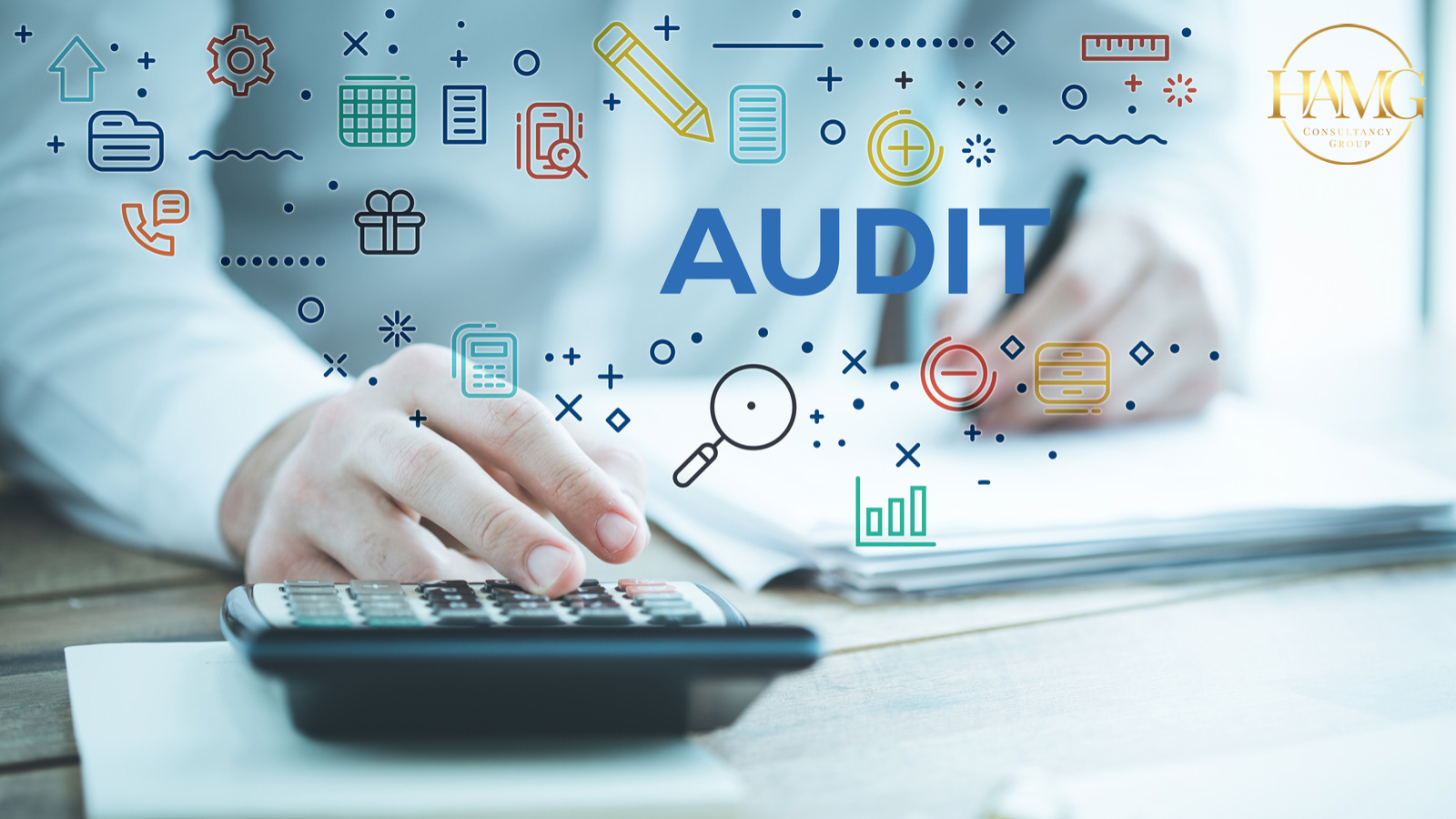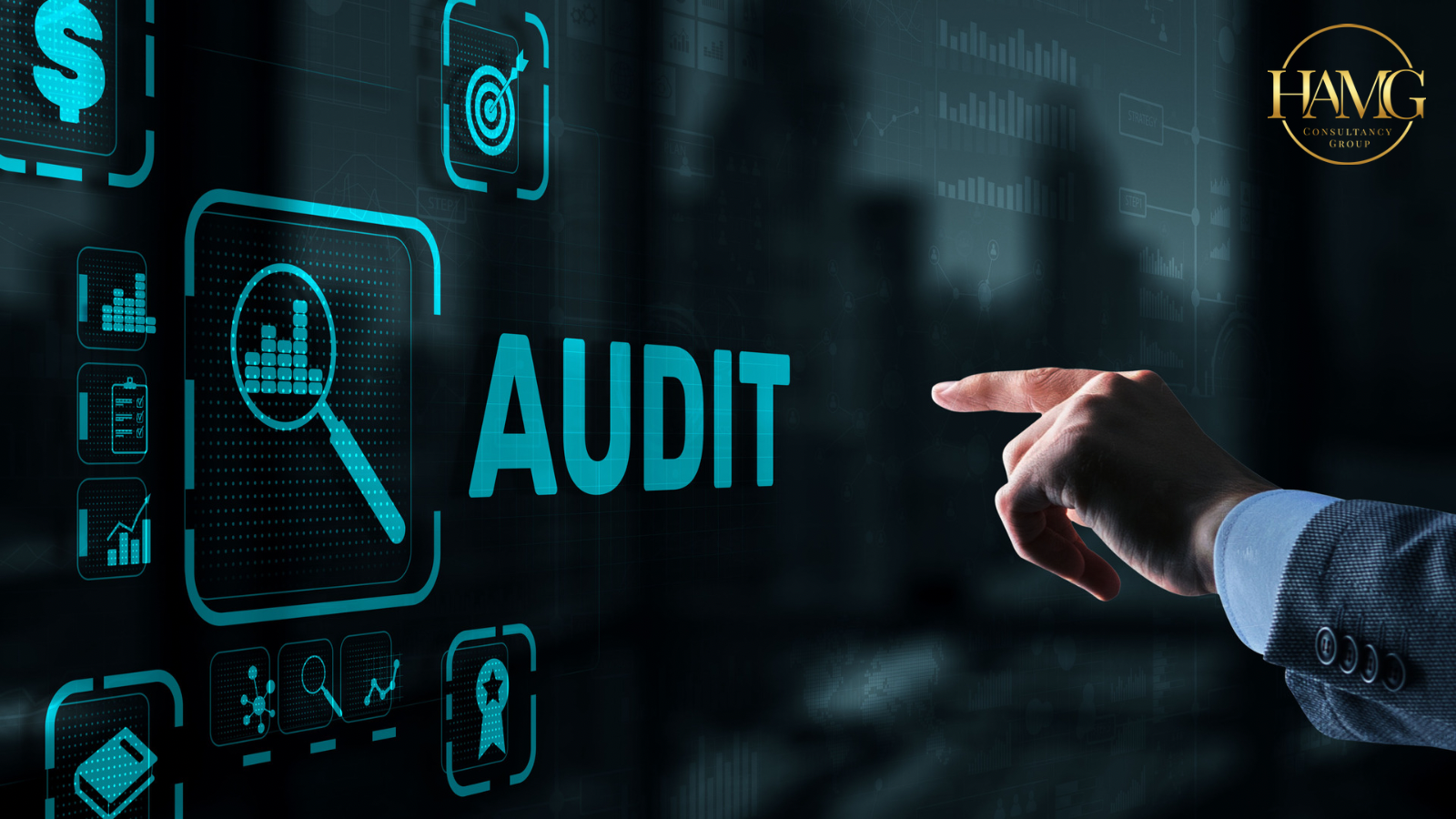Challenges and Limitations of Audit Evidence
Audit evidence is the cornerstone of the auditing process, providing the necessary support for auditors to form an opinion on the financial statements of an organization. However, it is essential to acknowledge that audit evidence is not without its challenges and limitations. We will explore below the various hurdles faced…











